We are certified, bonded, authorised, professional, experienced and reliable Law Firm, Serving in Kolkata Area since 1984. We now provide Notary services in Kolkata area and rest of West Bengal including other 28 states of India and the list of services that we offer has grown to also include Affidavit, Agreement, Attestation, Will, Deed, Gift, Power of Attorney, Registration of Flat & Land, Marriage Registration, Divorce, Maintenance, Cyber Crime cases, Consumer cases etc.
Our aim to provide cost-effective complete legal solutions to our esteemed Clients. Team Law House adopts the highest standards of professionalism. We have a team of independent professionals with domain expertise in diverse legal matters exhibiting proven competence and integrity with a unique combination of local insights and global perspectives. Our strength lies in the quality of its lawyers. Their depth of specialization is combined with breadth of experience and a keen commercial focus.







![Honey trap in Cybercrime: A to Z guide Exploring Honey Trap in Cyberspace [With Video]](https://www.lawhousekolkata.com/wp-content/uploads/Post-Images/Honey-Trap-300x169.jpg)

 Limited Liability Partnership Act, 2008
Limited Liability Partnership Act, 2008
 Rent Agreement -- Leave & License (11 Months) [Premium]
Rent Agreement -- Leave & License (11 Months) [Premium]
 Power of Attorney Act, 1882
Power of Attorney Act, 1882
How to get legal heir succession certificate?
Legal status of Live-In Relationship in India?
Women, know your rights before getting married: Rights of daughters-in-law in India?
Looking to adopt a child? Everything you need to know before adopting
What are the Rights in live-in relationships?
Can a married daughter be a part of HUF?





 Anti Ragging by Student (AICTE)
Anti Ragging by Student (AICTE)
 Anti Ragging by Parent (AICTE)
Anti Ragging by Parent (AICTE)
 Rent Agreement -- Leave & License (11 Months) [Premium]
Rent Agreement -- Leave & License (11 Months) [Premium]



![Honey trap in Cybercrime: A to Z guide Exploring Honey Trap in Cyberspace [With Video]](https://www.lawhousekolkata.com/wp-content/uploads/Post-Images/Honey-Trap-300x169.jpg)







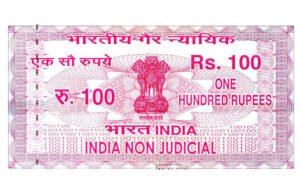
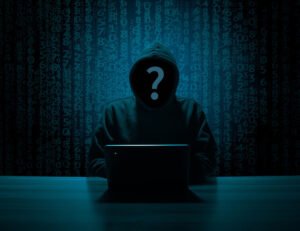

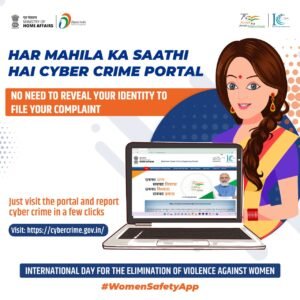



![Honey trap in Cybercrime: A to Z guide Exploring Honey Trap in Cyberspace [With Video]](https://www.lawhousekolkata.com/wp-content/uploads/Post-Images/Honey-Trap-300x169.jpg)






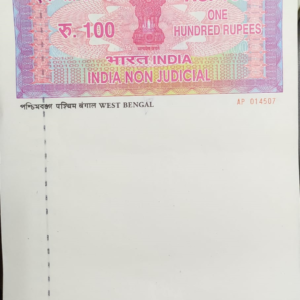 Non Judicial Stamp Paper Rs.100
₹250.00
Non Judicial Stamp Paper Rs.100
₹250.00
 Non Judicial Stamp Paper Rs.50
₹170.00
Non Judicial Stamp Paper Rs.50
₹170.00
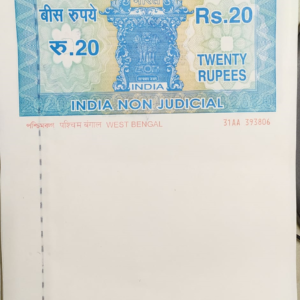 Non Judicial Stamp Paper Rs.20
₹120.00
Non Judicial Stamp Paper Rs.20
₹120.00
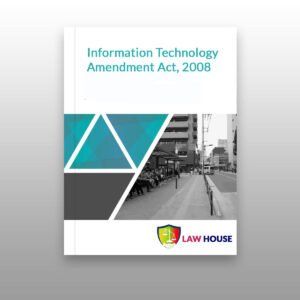 Information Technology Amendment Act, 2008
Information Technology Amendment Act, 2008
 Anti Ragging by Student (AICTE)
Anti Ragging by Student (AICTE)
No-Objection for GST Registration
K.M.C Mutation Affidavit
No-Objection by Landlord
Gap in Employment
PF cum Indemnity Bond

3/53, Bijoygarh,Jadavpur, Kolkata,
West Bengal 700032
Monday : 9am – 9pm
Tuesday : 9am – 9pm
Wednesday: 9am – 9pm
Thrusday : 9am – 9pm
Friday : 9am – 9pm
Saturday : 9am – 9pm
Sunday : Closed
Linkdin
 Non Judicial Stamp Paper Rs.100
₹250.00
Non Judicial Stamp Paper Rs.100
₹250.00
 Non Judicial Stamp Paper Rs.50
₹170.00
Non Judicial Stamp Paper Rs.50
₹170.00
 Non Judicial Stamp Paper Rs.20
₹120.00
Non Judicial Stamp Paper Rs.20
₹120.00
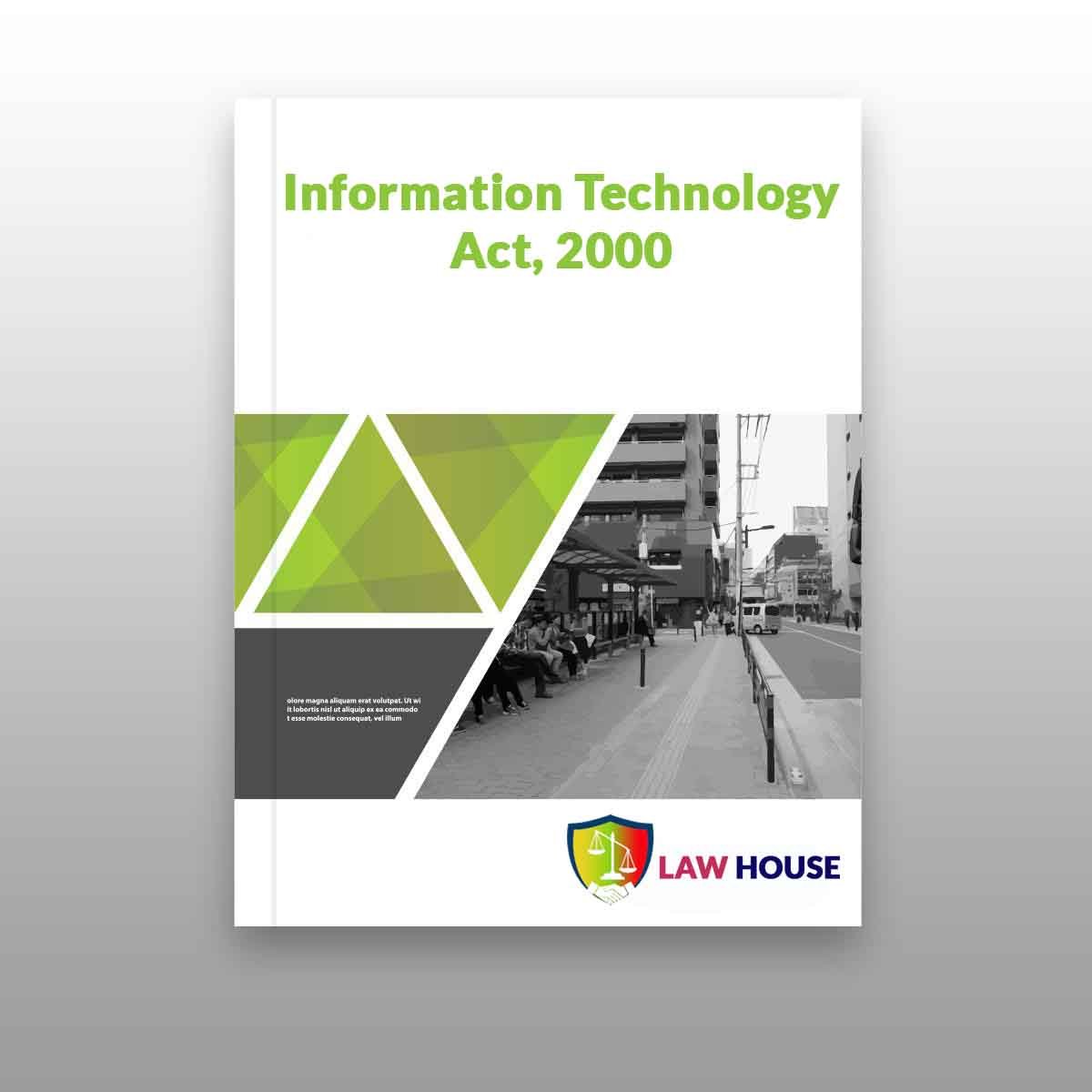
An Act to provide legal recognition for transactions carried out by means of electronic data interchange and other means of electronic communication, commonly referred to as electronic commerce‖, which involve the use of alternatives to paper-based methods of communication and storage of information, to facilitate electronic filing of documents with the Government agencies and further to amend the Indian Penal Code, the Indian Evidence Act, 1872, the Banker’s Books Evidence Act, 1891 and the Reserve Bank of India Act, 1934 and for matters connected therewith or incidental thereto.
The Information Technology Act, 2000 (also known as the IT Act 2000 or the Cyberlaw of India) is an Indian law that governs electronic commerce and digital communication in India. It was enacted by the Indian Parliament in May 2000 and came into effect on October 17, 2000.
The main objective of the IT Act 2000 is to provide legal recognition to electronic transactions, facilitate e-governance, prevent computer-related offences, and provide for the establishment of a Cyber Appellate Tribunal to deal with cyber crimes. The Act also amends various other laws such as the Indian Penal Code, 1860, the Indian Evidence Act, 1872, the Banker’s Book Evidence Act, 1891, and the Reserve Bank of India Act, 1934.
Some of the key provisions of the IT Act 2000 include:
Overall, the IT Act 2000 provides a legal framework for electronic commerce and digital communication in India and aims to ensure a secure and trustworthy environment for online transactions.
The Complete Legal Solution
3/53, Bijoygarh, Jadavpur, Kolkata, West Bengal 700032
09:00–21:00
09:00–21:00
Closed
We are certified, bonded, authorised, professional, experienced and reliable Law Firm, Serving in Kolkata Area since 1984. We now provide Notary services in Kolkata area and rest of West Bengal including other 28 states of India and the list of services that we offer has grown to also include Affidavit, Agreement, Attestation, Will, Deed, Gift, Power of Attorney, Registration of Flat & Land, Marriage Registration, Divorce, Maintenance, Cyber Crime cases, Consumer cases etc.
3/53, Bijoygarh, Jadavpur, Kolkata, West Bengal 700032